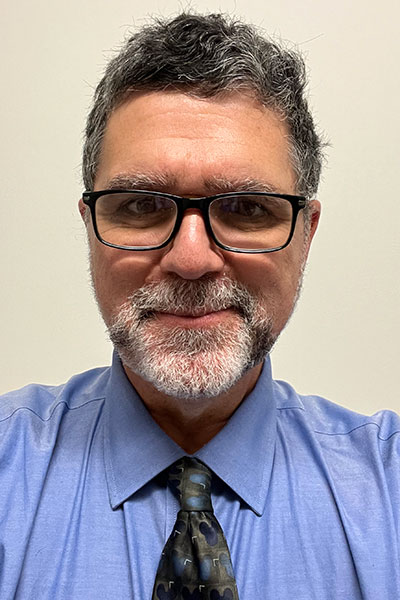
Last summer, Christopher Carroll, MD, FCCP, was called on to help manage septic shock in a young patient. That was normal enough for Dr. Carroll, Medical Director of the Pediatric Intensive Care Unit at Wolfson Children’s Hospital and Professor of Pediatrics at the University of Florida College of Medicine-Jacksonville. What was out of the ordinary was his patient—a baby gorilla at the local zoo.
Although humans and animals share similar respiratory physiologies, Dr. Carroll never thought he’d be involved in veterinary medicine. But, as he has learned, exposure to that field can help enhance the understanding of respiratory diseases in humans, inform best practices for human respiratory care, and promote innovative research. At CHEST 2025, he will chair a unique session on the topic, Cross-Species Collaboration: Using Veterinary Insights to Advance Human Respiratory Disease Care, at 1:30 pm CT on Monday, October 20, in McCormick Place, South Building, Room 401AB.
“I think it really opened my eyes to understanding some of the differences in how we manage [human] patients versus animals,” Dr. Carroll said. “The veterinary team has enormous compassion and actively humanizes the animals they treat. One of the dangers in medicine is dehumanization and the temptation to treat the diagnosis and not see the whole patient. I didn’t see this in the veterinary world and found this ironic!”
The case-based session will cover these humanistic aspects of veterinary care, the physiologic differences and overlapping mechanisms across species, veterinary diagnostic tools and treatments, and strategies for promoting cross-species collaboration to improve the understanding of respiratory disease.
Following his experience caring for the baby gorilla, Dr. Carroll assisted a group of veterinarians in developing guidelines for ARDS, a common pathway for illnesses in people and animals. During the session, four veterinary leaders will discuss how they manage some of the similar pulmonary, critical care, and sleep conditions they encounter in large and small animals.
“I hope that people come because I think they’ll learn a lot about human disease from hearing these veterinarians talk about how they treat animal diseases,” Dr. Carroll said. “I learned a tremendous amount from talking with them and from helping manage this baby gorilla in Jacksonville. And I think it’s made me a better doctor and a better intensivist, and I hope that people get some small piece of that by coming to this lecture.”

Call for Topics Is Open
Feeling inspired by all the great sessions in Chicago? Help shape the curriculum for CHEST 2026, October 18 to 21 in Phoenix, by submitting topic ideas from areas you’re passionate about, topics affecting your practice, or new technologies you’d like to learn more about. The submission deadline is Tuesday, December 2, at 2 pm CT.


